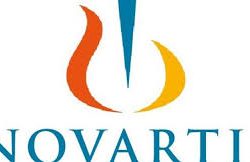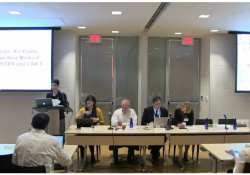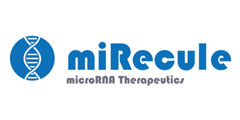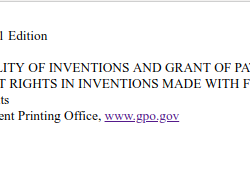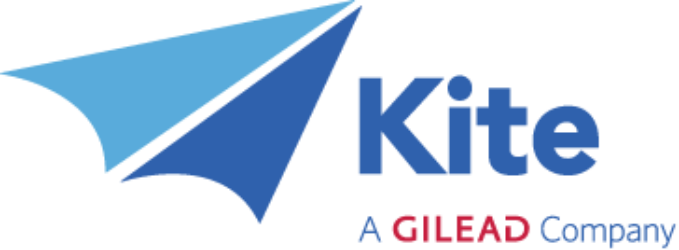KEI asks HHS to use Bayh-Dole rights in Zinbryta patent (drug for multiple sclerosis)
Attached is a letter sent on September 14, 2017 to Andrew Bremberg, an Assistant to the President and the Director of the Domestic Policy Council at the White House, and Keagan Lenihan, a Senior Adviser to HHS Secretary Tom Price, regarding Zinbrytra (INN: daclizumab), a drug to approved by the FDA to treat multiple sclerosis. (PDF version here)
